No really one expects to have a stroke, let alone two of them back to back.
A pair of strokes certainly isn’t the “two of a kind” Gary Cole, a longtime poker and pinochle player, was looking for when he had a stroke in November 2017, followed by a second one in January 2018.
“I just couldn’t believe it myself,” said Gary, 74, a lifelong resident of Ludington, Michigan. “I had one and then within about, oh, two months’ time, I had another one.”
It’s an unusual scenario, doctors say. But if it has to happen—if blood clots are going to form and cause two ischemic strokes in close succession—you want things to go the way they did for Gary:
- Both times, someone recognized his symptoms and rushed him to the nearest hospital, Spectrum Health Ludington Hospital.
- Both times, vigilant local ER doctors quickly ordered a CT scan, administered clot-busting medication and arranged his transfer to the comprehensive stroke center at Spectrum Health Butterworth Hospital.
- Both times, the stroke center’s neurovascular team located the clot and a neurosurgeon retrieved it from his brain, completely reopening the blood vessel.
- Both times, Gary completed physical therapy and returned to everyday life.
Without quick action on the part of family members, first responders and medical professionals, his outcome could have been catastrophic.
“I would say he’s very lucky—because he could have ended up with complete weakness, bedbound, needing nursing care,” said Muhib Khan, MD, the Spectrum Health Medical Group vascular neurologist who treated Gary in November.
“The speed of opening the blood vessel and the effectiveness in opening the blood vessel completely” are two factors that greatly enhanced his recovery, the doctor said.
The strokes could have radically changed the path of his life, but instead they were more of a detour along the way. Most people don’t even see a difference in him, Gary said.
“I ran into a couple people yesterday that were talking to me and I told them I’d had two strokes since November and they said, ‘What?!’ You know, they didn’t realize I’d had two strokes even—people I’ve known for quite a few years.”
First stroke: Behind the wheel
Gary’s first stroke is the more dramatic of the two. It struck while he was driving into town to meet his cousins for breakfast. He remembers leaving the house, but the rest he knows only because his children filled him in.
“I was on Decker Road and I went right straight through the stop sign. Hit two mailboxes before I finally ended up stopping,” he said.
His son Edward picked up the story: “He got lucky there because … he not only went through that busy intersection right there on Decker and Jebavy, but there was a cop sitting on the corner in the church parking lot right there that seen him do it, so to me, that’s what actually saved his life.”
The officer initially speculated Gary was drunk, but he quickly realized he was having a stroke. The officer called for an ambulance to take Gary to Ludington Hospital, said Gary’s son Robert.
The officer also alerted Robert and Edward, who, with their sister, Melodey, caught up with their dad at the hospital and gave consent for the doctors to administer a clot-dissolving drug called tPA before sending him to Grand Rapids by Aero Med.
“I remember getting into the helicopter—that’s all I remember,” Gary said. “Next thing I knew, I was up in my room” at Butterworth Hospital after surgery.
The neurovascular team on duty that November day included Dr. Khan, who order CT scans and served as the team quarterback, and a Spectrum Health Medical Group neurointerventional surgeon who performed a thrombectomy.
Feeding a thin catheter through an artery in Gary’s groin, the surgeon threaded it up to the left-side middle cerebral artery, the site of the clot. He then sent a tiny cylindrical device called a stent retriever up the tube to grab the clot and pull it out.
The procedure was successful, and after four days in the hospital, Gary went to an inpatient physical therapy center, where he did therapy to regain the use of his legs.
“I recovered really quick,” Gary said.
He soon returned home and got back to his regular routines, including playing cards three times a week. Edward stayed with his dad, whose wife died 15 years ago, to help around the house and shuttle him to appointments.
Second stroke: At home
The second stroke hit him on a Tuesday morning in January when Gary was getting ready to meet friends to play euchre. Both sons were at the house and they heard Gary in his bedroom when he should have been in the shower. Looking into the room, they saw their dad sitting on the edge of the bed.
“I just thought he was having trouble trying to get his socks on,” Edward said. “And then Rob looked at me and goes, ‘Ed, he’s having another stroke.’”
They called 911 and again their dad was taken to Ludington Hospital. Again the doctors saw the severity of the situation and administered tPA before sending him to the stroke center at Butterworth Hospital.
This time, however, the Aero Med helicopter was en route to another patient, so Gary was rushed to Grand Rapids by ambulance.
A different team of neuro doctors took Gary’s case that day. Paul Mazaris, MD, a Spectrum Health Medical Group neurosurgeon, was ready to act when tests showed the clot was still there—the tPA hadn’t dissolved it—and could be surgically removed.
This time the clot was in the right carotid artery. After inserting the catheter, Dr. Mazaris used a combination of a stent retriever and an aspiration catheter—“I would equate it to like a Shop-Vac,” he said—to remove Gary’s clot.
Like the first one, the second thrombectomy restored full blood flow to the brain, minimizing the effects of the stroke.
After two days in the hospital, Gary was released to his children’s care and began outpatient physical therapy at Ludington Hospital. By early April he finished formal therapy and progressed to exercises on his own to continue strengthening his legs.
“I had trouble walking a little bit,” he said, “but it’s coming along good now.”
Reaction time was the secret in both cases, Dr. Mazaris said.
“Recognizing symptoms early and then the family being proactive and the system being proactive in getting the patient here,” he said. “The sooner you get someone here—we see it over and over again—the better off they are.”
So why would a patient like Gary experience two strokes in a row like this?
The answer is still a bit of a mystery, Dr. Khan said. He believes the clots formed in the heart and traveled up to the brain, but tests didn’t show any abnormalities that might contribute to the problem.
The solution was to put Gary on stronger blood thinners to prevent future clots.
‘Darn lucky’
Today Gary is easing back into life as usual. He’s back to playing cards three days a week, keeping up with NASCAR and making the occasional casino visit.
He hopes to pass a driving test so he can get his license back. He’d also like to return to the part-time gas station job he’s held since he retired from PepsiCo 23 years ago.
“I’m 74,” Gary said. “A lot of people aren’t even working at that age, but I want to go to work. I want to do something.”
Since 2010 he’s survived a heart attack and two strokes, he said, and he’s not taking it for granted.
“I’ve been darn lucky.”
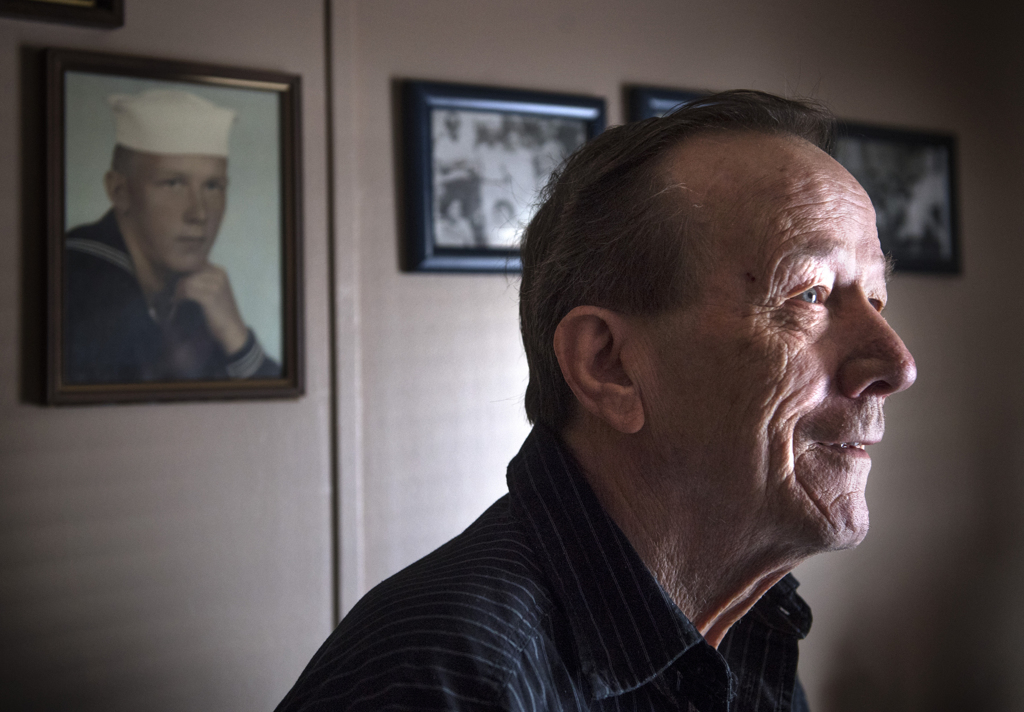
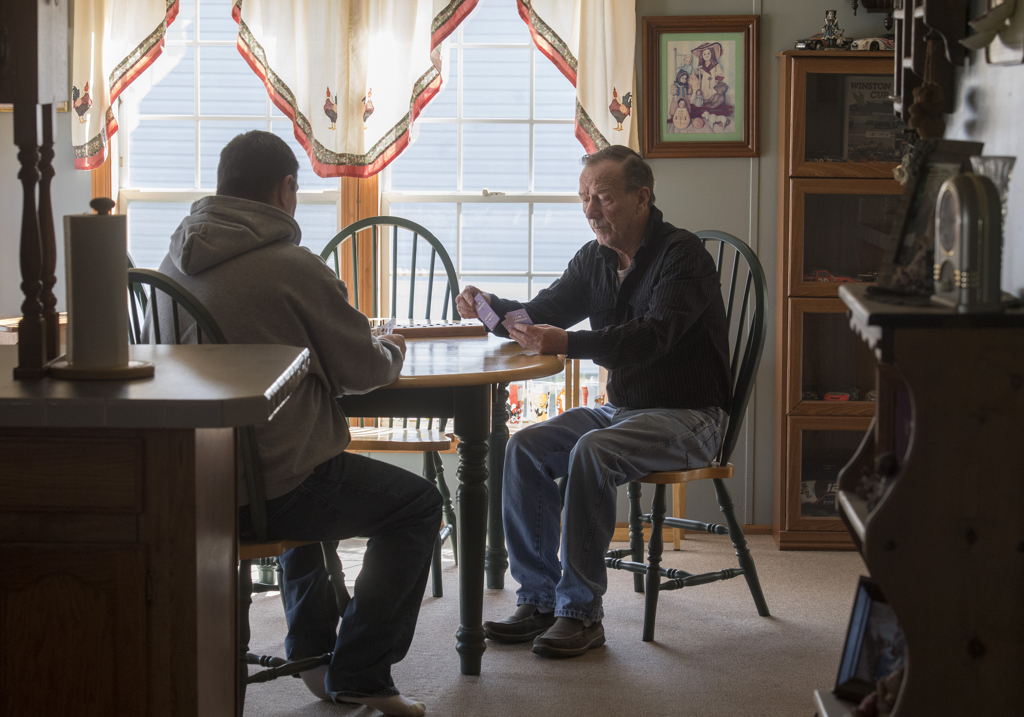
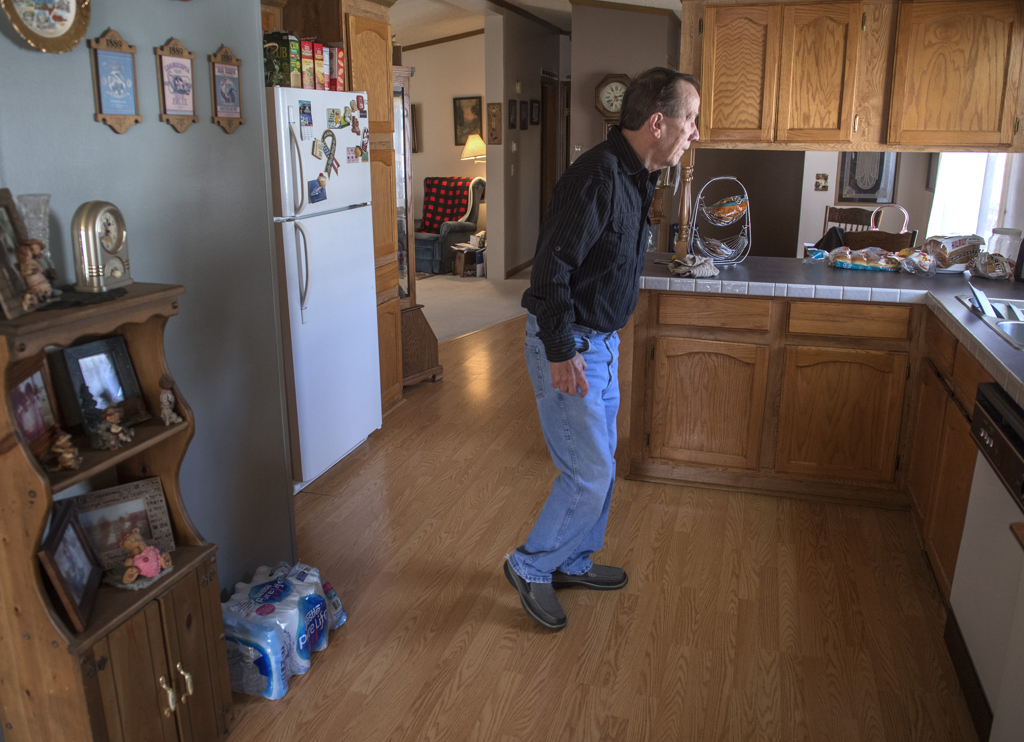
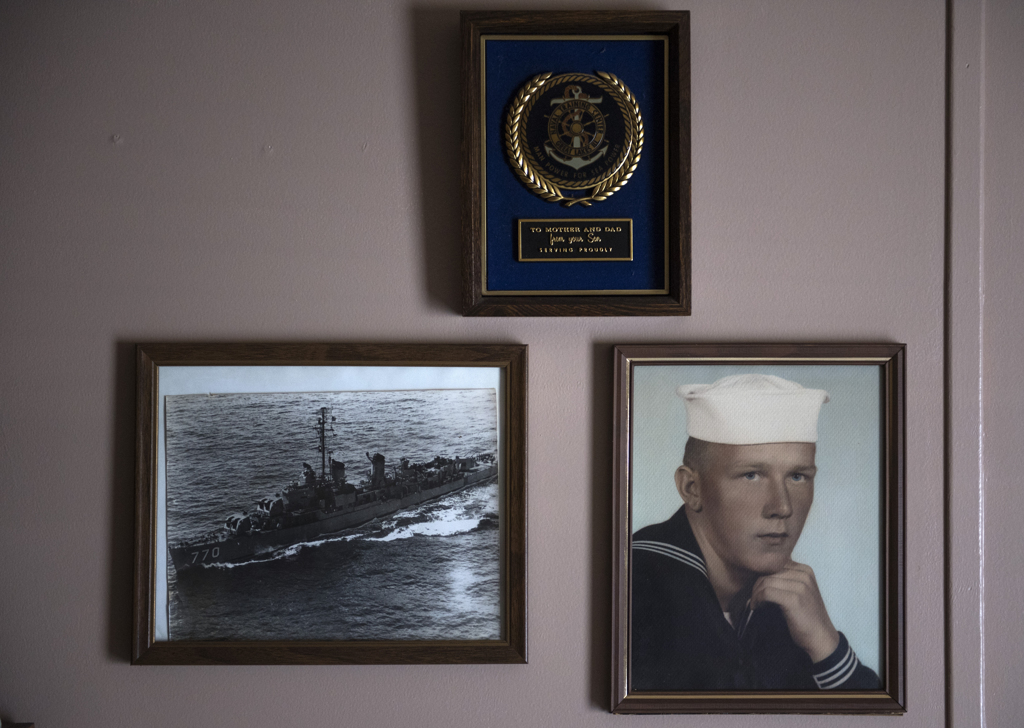
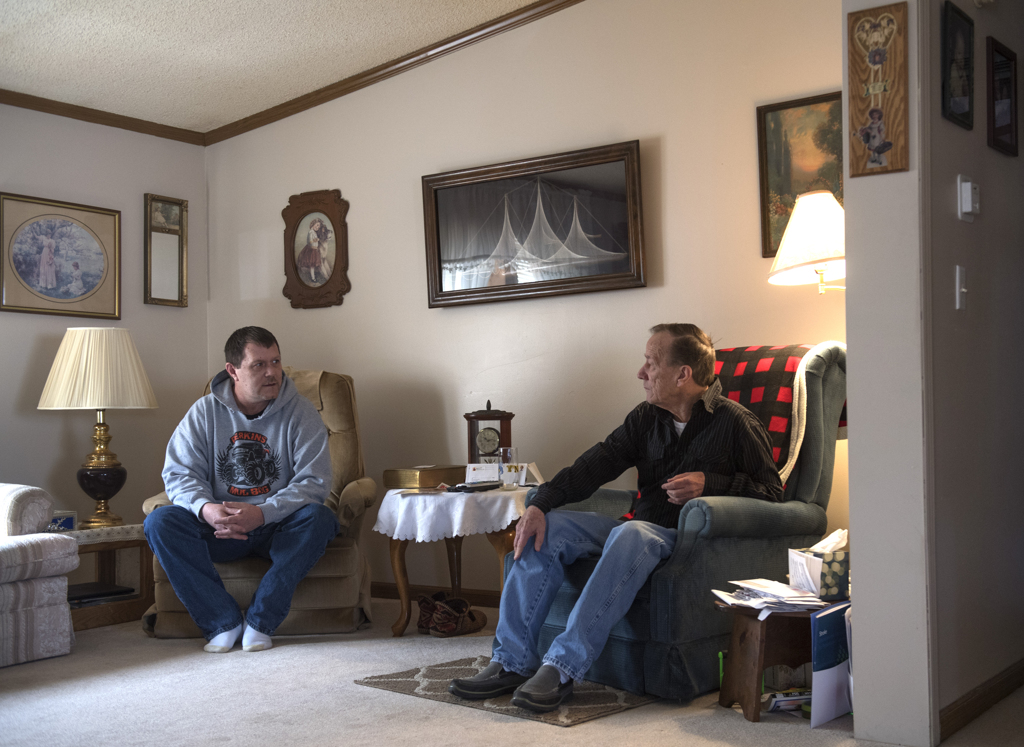
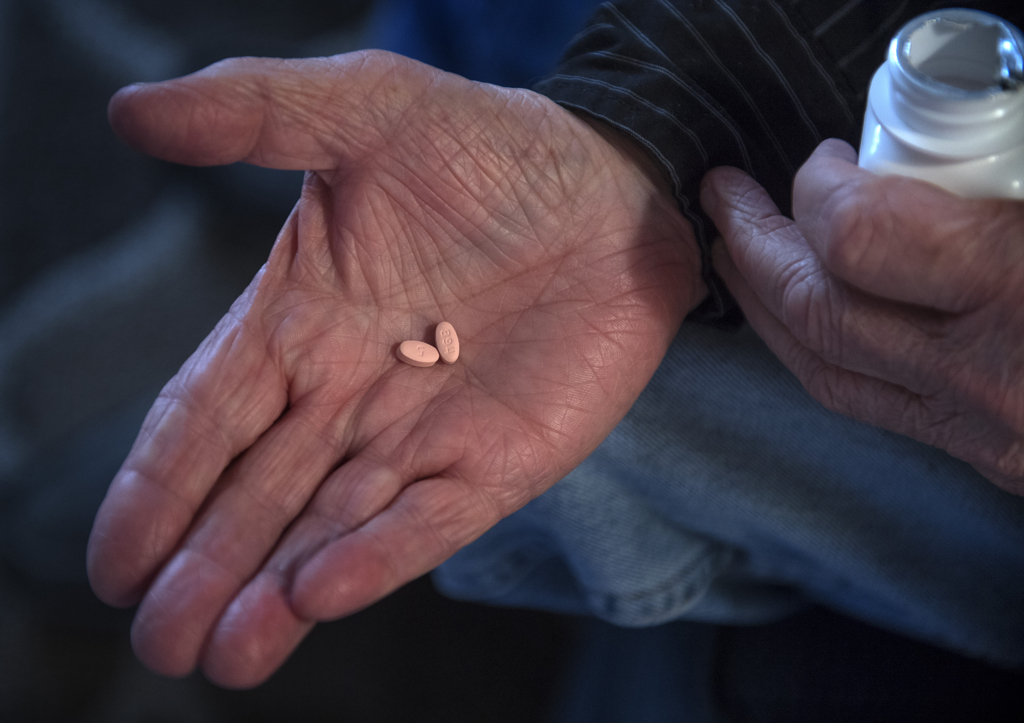
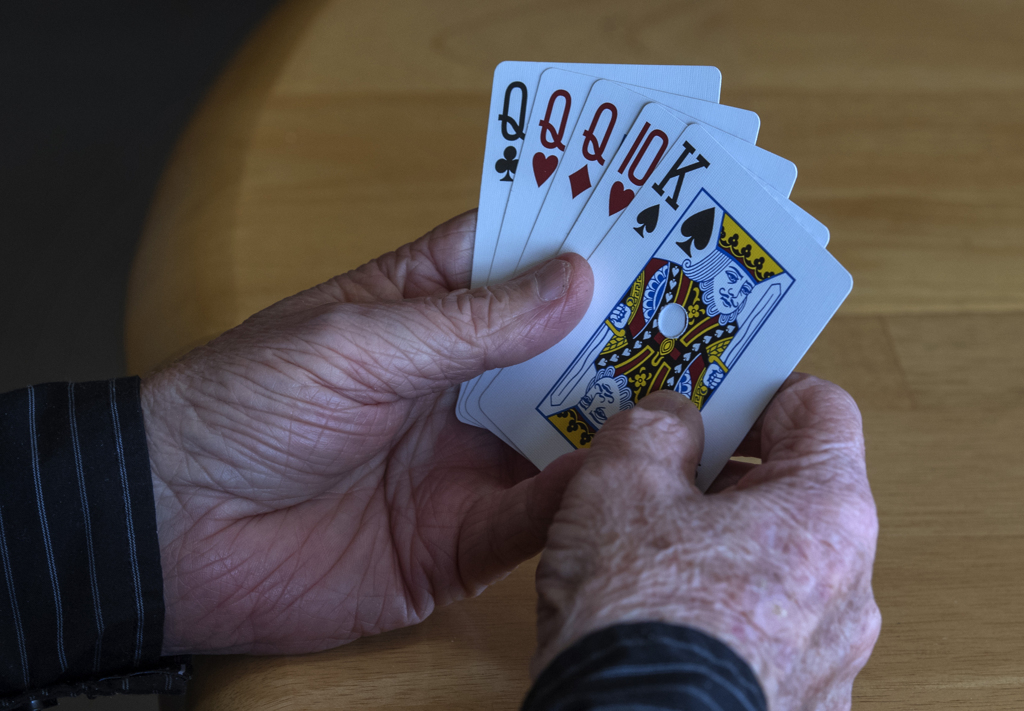
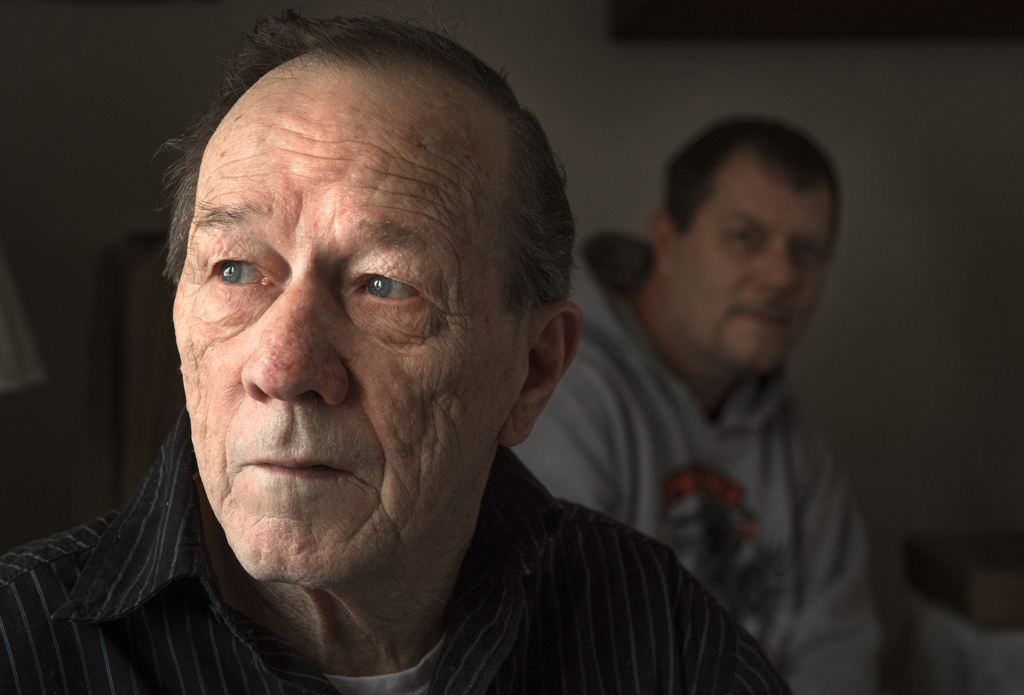
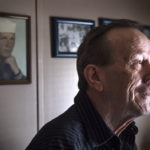
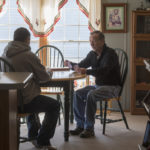


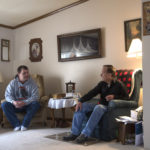
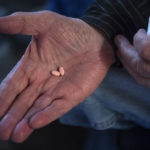
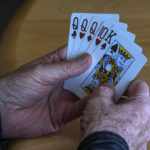

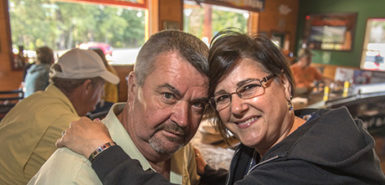 /a>
/a>
 /a>
/a>
 /a>
/a>
I met Gary a couple of times a fun and nice man.Im glad everything worked out and he has family support that’s cool.